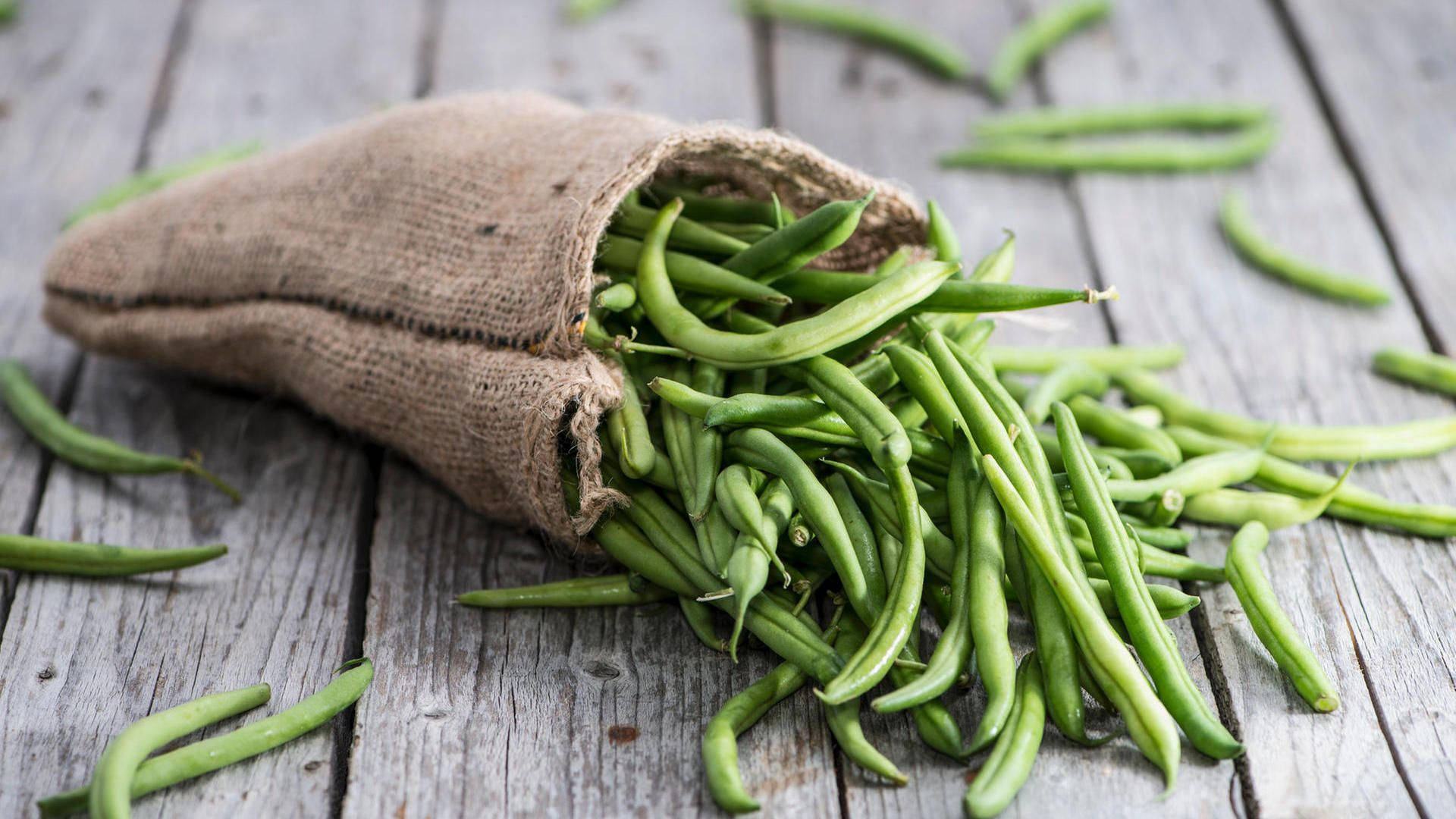Introduction:
The classification of beans as vegetables has been a topic of debate among botanists, nutritionists, and culinary experts. While beans are commonly grouped under the category of vegetables in everyday language and culinary contexts, their classification in botanical terms differs. In this comprehensive guide, we will explore the various aspects that determine whether beans can be considered vegetables or not. We will delve into the botanical classification, nutritional composition, culinary uses, and common misconceptions surrounding beans. By the end of this guide, you will have a clear understanding of the complex relationship between beans and vegetables.
Botanical Classification:
From a botanical standpoint, beans belong to the family Fabaceae, which is commonly referred to as the legume or pea family. This family includes various plants such as peas, lentils, chickpeas, and soybeans. Legumes are characterized by their ability to fix nitrogen in the soil through a symbiotic relationship with specific bacteria. They are also known for their distinctive fruit called a pod, which contains seeds. Based on this classification, beans are considered legumes rather than vegetables.
Nutritional Composition:
Beans, regardless of their botanical classification, are highly nutritious. They are rich in complex carbohydrates, dietary fiber, plant-based protein, and an array of essential vitamins and minerals. Beans provide a substantial amount of dietary fiber, which promotes digestive health and helps maintain healthy blood sugar levels. They are also a good source of folate, iron, magnesium, and potassium. Additionally, beans contain various phytonutrients and antioxidants that have been associated with numerous health benefits, including reduced risk of chronic diseases.
Culinary Uses:
In culinary terms, beans are often treated as vegetables due to their versatility and usage in a variety of savory dishes. They are commonly used in soups, stews, salads, and side dishes. Beans can be prepared in different ways, including boiling, steaming, baking, or even sprouting. They can be mashed to make spreads like hummus or incorporated into veggie burgers for added texture and flavor. Due to their high protein content, beans are also a popular meat substitute among vegetarians and vegans.
Misconceptions:
One common misconception is that all vegetables are plants that are consumed fresh, while beans are dried and stored for long periods. While it is true that many vegetables are consumed in their fresh form, this is not a defining characteristic of vegetables. Vegetables encompass a wide range of plant parts, including roots (carrots), stems (celery), leaves (spinach), and even flowers (broccoli). The fact that beans are often consumed in their dried or canned form does not exclude them from being considered vegetables in a culinary context.
Another misconception is that vegetables should be low in calories, whereas beans are relatively high in calories compared to other vegetables. It is essential to note that the caloric content of a food item does not solely determine its classification as a vegetable. While beans do contain more calories than some other vegetables, they are also a significant source of macronutrients like protein and carbohydrates. The nutritional value and health benefits they offer make them a valuable addition to a well-balanced diet.
Conclusion:
In conclusion, the classification of beans as vegetables can be viewed from different perspectives. Botanically, beans belong to the legume family, which sets them apart from true vegetables. However, in culinary terms, beans are often considered and used as vegetables due to their versatility, nutritional composition, and usage in various dishes. Despite the confusion surrounding their classification, beans offer an abundance of nutrients and can be an excellent addition to a balanced diet. Whether you categorize them as legumes or vegetables, incorporating beans into your meals can provide numerous health benefits and add diversity to your culinary repertoire.
- HEMP PRE-ROLLS BY PlainJane-The Definitive Guide to Exceptional Hemp Pre-Rolls In-Depth Analysis - March 2, 2024
- Berry Tite Marijuana Strain - September 16, 2023
- How to Use Delta 8 THC Capsules - July 20, 2023


